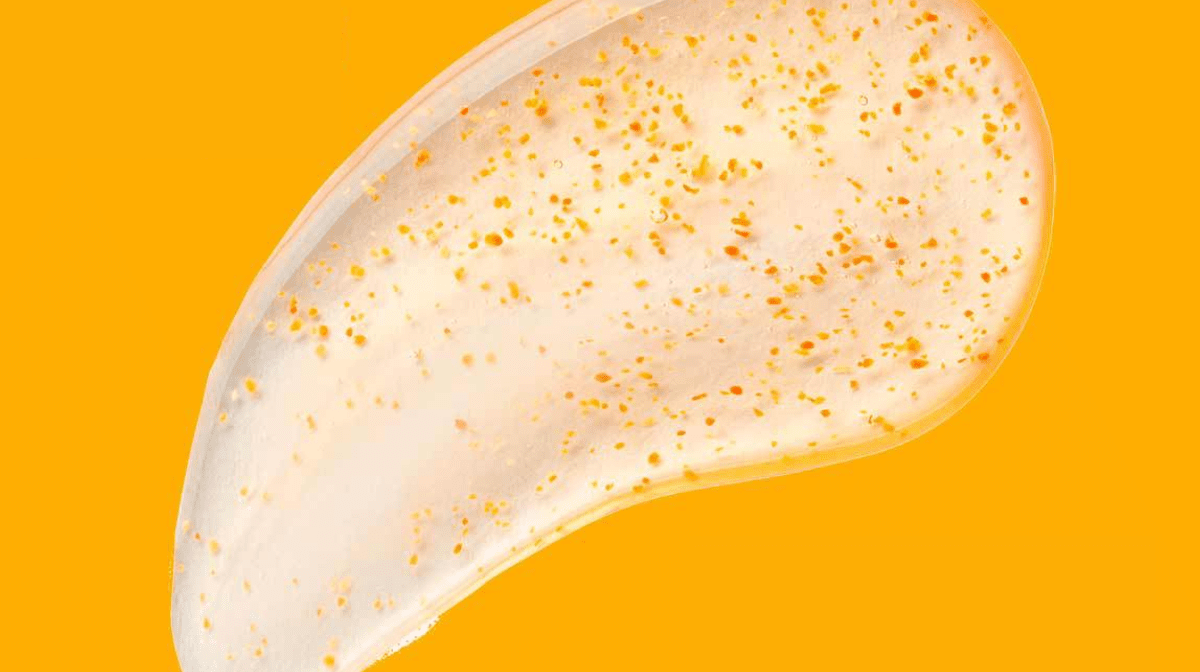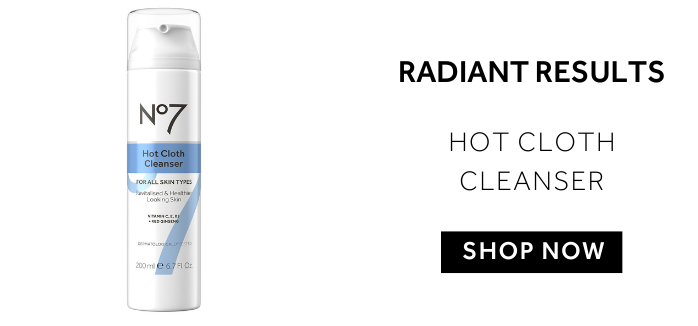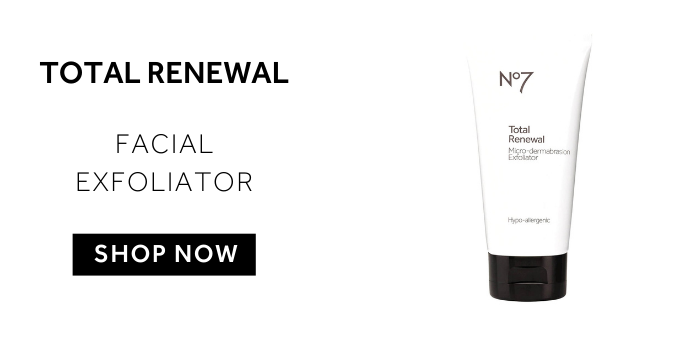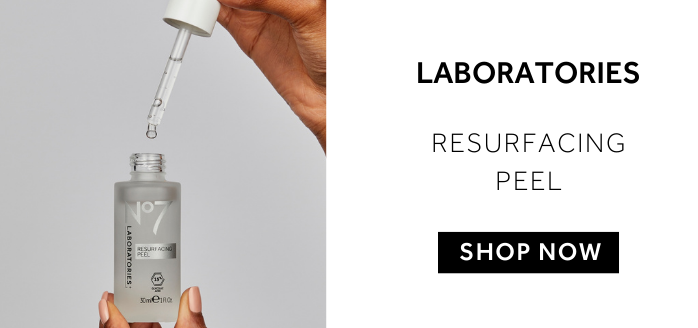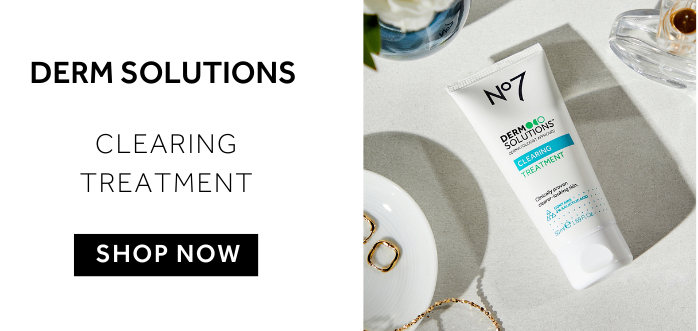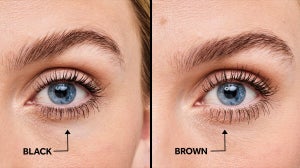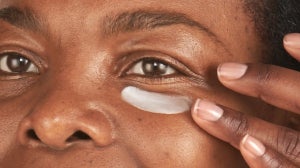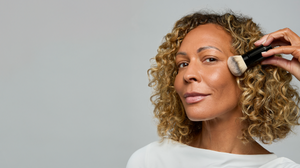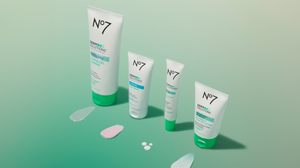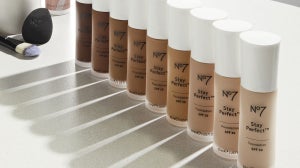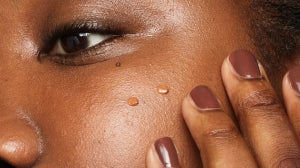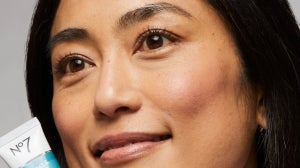
Our skin undergoes a continual renewal process, shedding dead cells roughly every 30 days. Exfoliation, whether through products or tools, aids in this natural process, unveiling a more glowing and radiant looking complexion. But what exactly are the benefits of exfoliation, and how do you choose the right exfoliator for your skin type? Dive into our comprehensive guide to learn more about exfoliation.

What Are The Benefits of Exfoliation?
Reveals more radiant and glowing skin
Helps reduce the appearance of uneven skin tone by fading dark spots
Improves skin texture by unclogging blocked pores
Enhances product absorption by removing excess dirt or products
Helps reduce blemishes by keeping pores clear of debris and excess oils
With aging, the skin's cell turnover (shedding dead cells and producing new ones) slows down, leading to a buildup of dead cells that can dull your complexion and clog pores, potentially causing the appearance of blemishes. Exfoliating helps remove this layer of dead skin, unveiling a brighter, more vibrant complexion while eliminating impurities like dirt and oil that accumulate throughout the day. By encouraging cell turnover, exfoliation helps to reduce the appearance of uneven texture and pigmentation, promoting healthier-looking skin. Additionally, exfoliating helps with better absorption of skincare products and smoother make-up application, enhancing your skin's overall appearance.
Exfoliation clears the path for skincare ingredients to go pass through the skin’s surface and aids the absorption of your skincare products, increasing their effectiveness. Additionally, smoother make-up application is an added benefit, resulting in a flawless finish. Why not Revolutionise your make-up routine with our virtual try-on tool. Effortlessly experiment for your perfect look.
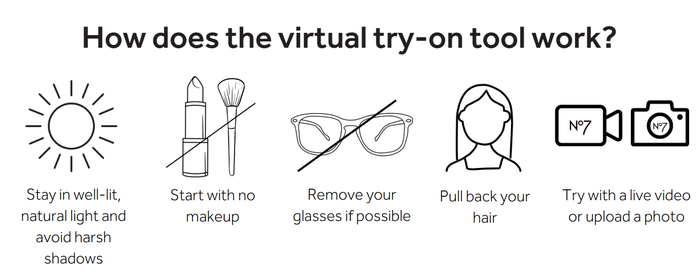

So, what type of exfoliator should you use on the face? The most important thing is to find the right product that works for your skin, as some methods are more suited to specific skin types.
To start, let's explore the various approaches to skin exfoliation. Exfoliators generally fall into two main categories: mechanical and chemical. Mechanical methods involve products such as facial scrubs with gentle exfoliating agents like pumice or Aluminium-Oxide Micro-Crystals, or tools like brushes or sponges that physically remove dead skin cells. On the other hand, chemical exfoliators contain alpha hydroxy acids (AHAs) or beta hydroxy acids (BHAs) that delicately dissolve dead skin cells and impurities when applied to the face.
Mechanical Exfoliators
For individuals with dry, sensitive, or blemish-prone skin, a mild chemical exfoliator used with a soft washcloth often proves most suitable. This preference arises because mechanical methods or ingredients can occasionally irritate dry or sensitive skin. When applying the product to the cloth, gently massage it into the skin using small, circular motions. Formulated with No7's Tri-Vit Complex + Red Ginseng to help protect your skin's natural, healthy balance, Cleansing hot cloth cleanser 200ml is the perfect exfoliator and cleanser, that has an indulgent, creamy formulation to effortlessly remove make-up, dirt and impurities, while the gentle exfoliating muslin cloth polishes away dead skin cells and smoothes skin
Alternatively, oily skin benefits from stronger chemical exfoliators or mechanical exfoliators. When using a physical scrub, remember to proceed with caution, gently massaging it into the skin in circular motions for approximately 30 seconds before rinsing with lukewarm water. Our Total Renewal Micro-Dermabraision Facial Exfoliator 75ml is a tried and tested dermatological technique that has been developed by our skincare experts for you to use from the comfort of your own home. Aluminium-Oxide Micro-Crystals smooth, refine and renew sweeping away dull cells for incredible radiance from the first time you use it. Within 4 treatments the skin cell renewal process is stimulated to work against the appearance of fine lines, skin feels softer, silky to touch and more refined.
Chemical Exfoliators
Chemical exfoliators such as Alpha Hydroxy Acids (AHAs) or Beta Hydroxy Acids (BHAs) gently dissolve dead skin cells and impurities upon application to the face, leaving brighter-looking skin.
The most widely studied of the AHAs, glycolic acid is an exfoliant that helps to cleanse the outermost layer of skin (the stratum corneum), lifting away dead cells, impurities and pollutants, to reveal skin that looks fresh and luminous. By exfoliating dead surface cells, glycolic acid supports the skin’s natural renewal process, helping to clarify, refine, and even tone. It also reduces the appearance of pores, lending skin a recharged and radiant appearance. No7 Laboratories RESURFACING PEEL 15% Glycolic Acid reveals more luminous skin that feels dramatically smoother and 90% of women said a professional peel could wait* after use.
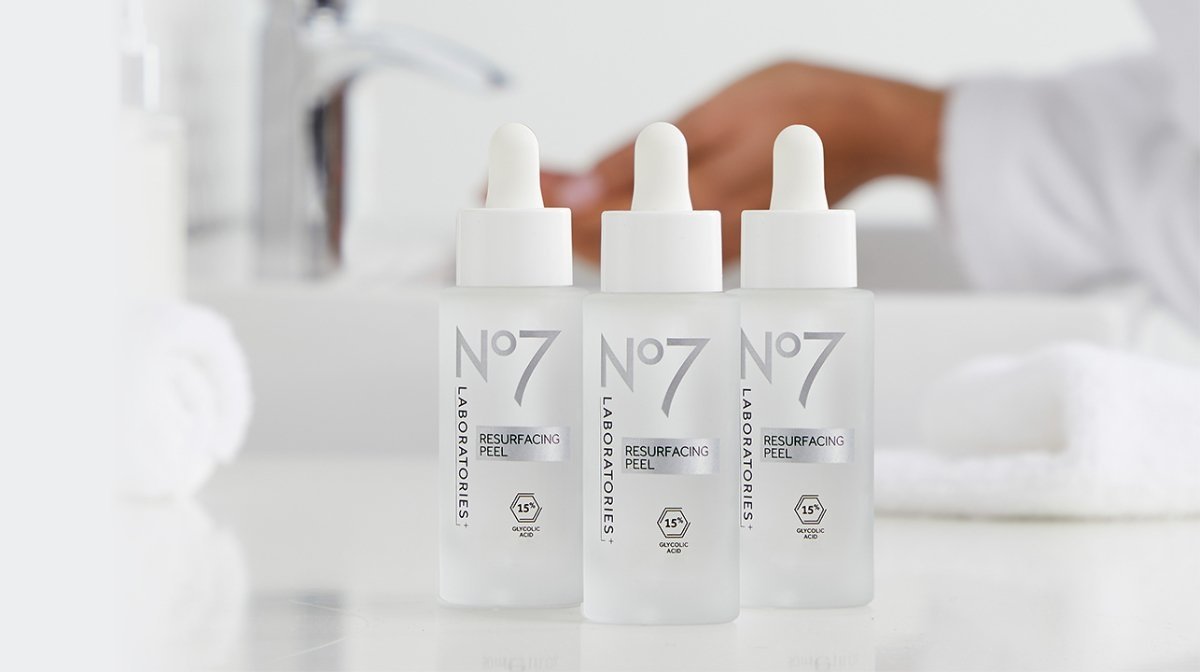
What Does Glycolic Acid Do For Skin?
There are many benefits of glycolic acid. Here's why we recommend incorporating this exfoliating ingredient into your nighttime skincare routine.
Salicylic acid, also known as a BHA (beta hydroxy acid), is a powerful exfoliant similar to AHAs (alpha hydroxy acids), but with a key structural difference. While AHAs are water-soluble and act on the surface of the skin, BHAs are oil-soluble and can not only work at the surface to aid skin exfoliation but also penetrate pores to help reduce blockage and breakout formation.
No7 Derm Solutions™ Clearing Treatment has been formulated with 2% Salicylic Acid, Bisabolol & Licorice and pre-biotics to help restore balance to blemish-prone skin to reveal healthier, calmer & clearer looking skin. Clinically proven, this clearing treatment reduces the appearance of pores, oiliness and visible skin redness, improving the skin's condition for a healthier looking complexion from first use.
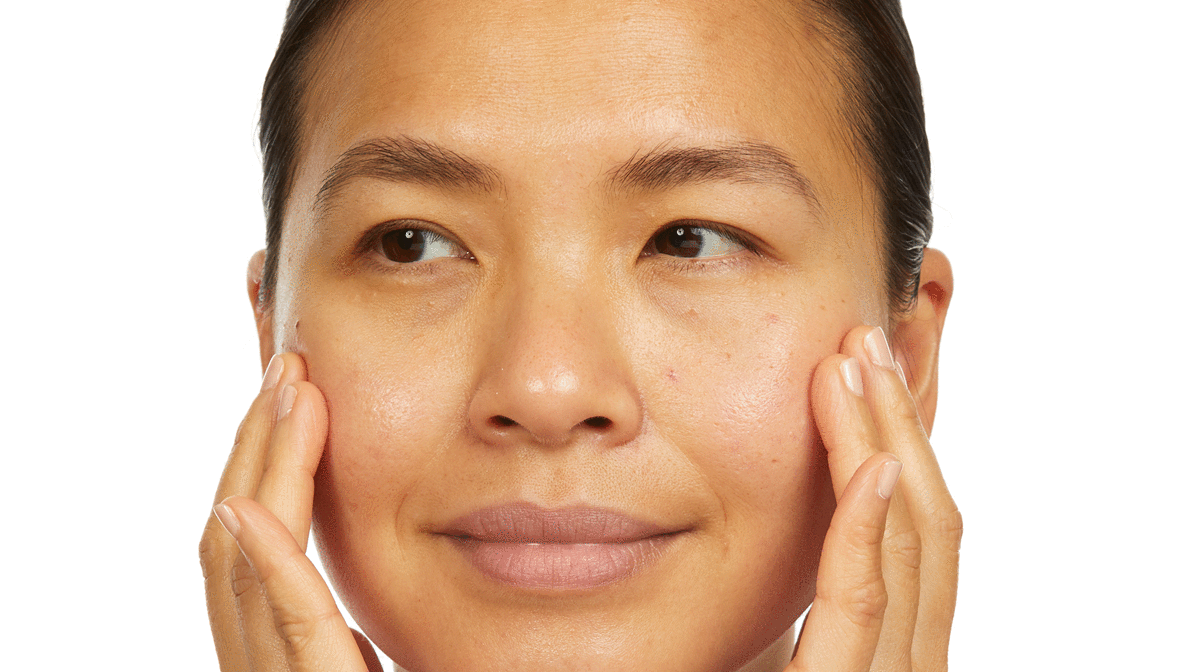
What is Salicylic acid and how to use it
Known for its exfoliating and pore-cleansing properties, salicylic acid helps to prevent breakouts.
Begin your exfoliation journey gradually to avoid overwhelming your skin. Chemical exfoliators should be used no more than twice a week, while mechanical exfoliators are best used once or twice weekly. Adjust the frequency based on your skin's response, aiming for a healthy balance. Watch out for signs of over-exfoliation, such as redness or flakiness, and adjust accordingly. With this approach and the right products, you'll achieve a radiant complexion without compromising skin health.

Begin your exfoliation journey gradually to allow your skin time to adjust to new ingredients, minimising the risk of potential damage to your skin or its natural barrier.
Chemical exfoliators should be used no more than twice a week, as some AHAs or BHAs can be irritating to the skin if used too much. While mechanical exfoliators are best used once or twice weekly. Adjust the frequency based on your skin's response, aiming for a healthy balance.
Watch out for signs of over-exfoliation, such as redness or flakiness, and adjust accordingly. With this approach and the right products, you'll achieve a radiant complexion without compromising skin health.
Now you understand the role of exfoliation in unveiling a radiant complexion and the benefit of including this step in your skincare routine. We hope our comprehensive guide has empowered you to master the art of exfoliation and how to select the appropriate products for healthier-looking and glowing skin.
*Consumer testing on 77 women, considering a peel treatment at a clinic, at 6 weeks.

